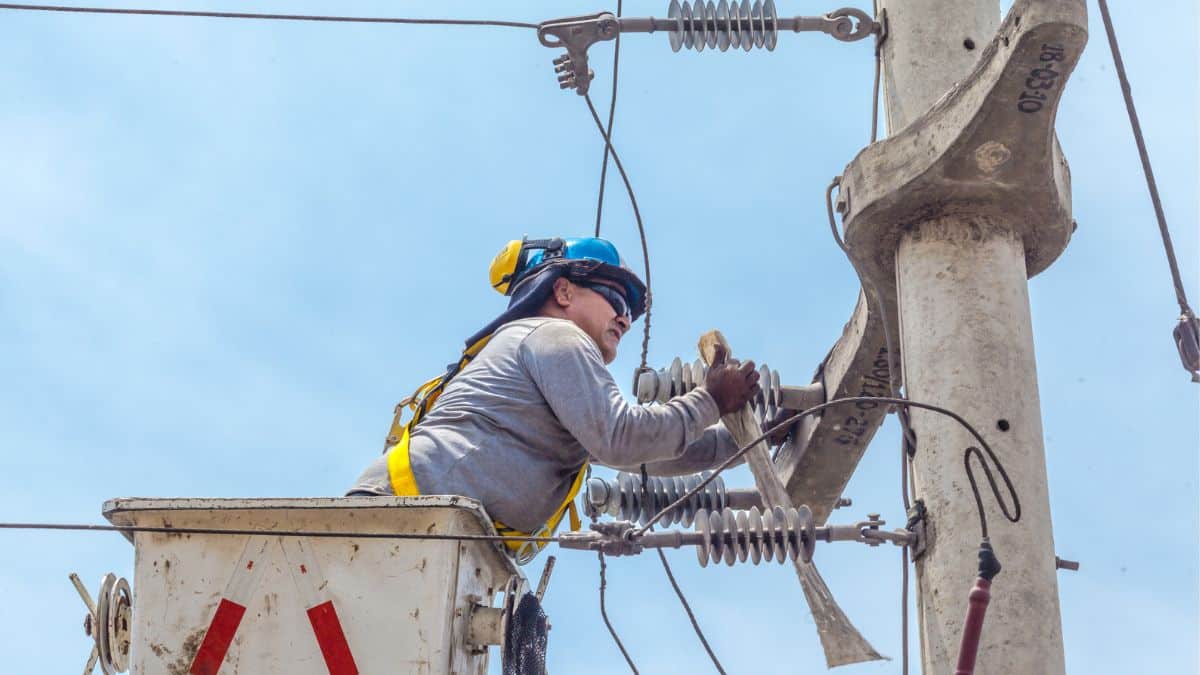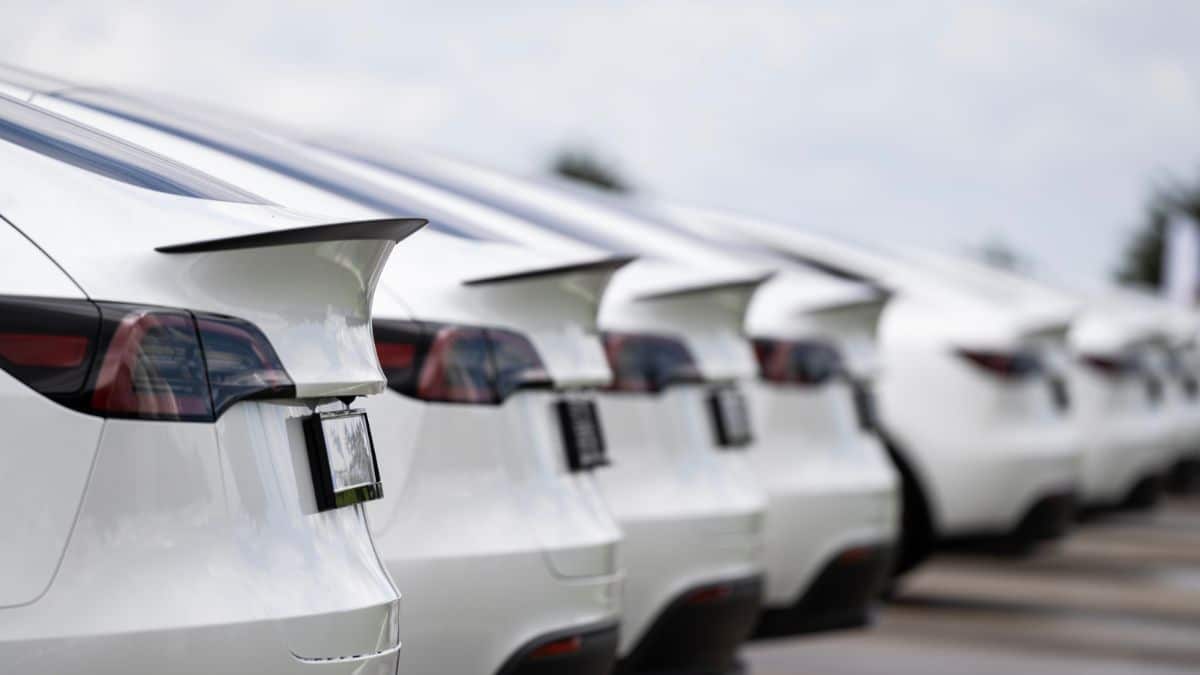Can you imagine a world without your favorite things? A world drastically different from what you know today?
It’s closer than you think. Shocking changes are on the horizon. Beloved items, once staples in our lives are facing extinction. From technological marvels to everyday essentials, nothing is immune.
Brace yourself for a reality check. This isn’t about vague predictions. Discover the 11 things that will vanish from our world within the next 25 years.
1. Keys

Traditional keys are being replaced by modern technology like fobs, smartphones, and voice recognition systems. These innovations provide more secure and convenient access to homes, offices, and vehicles. Biometric systems, which use fingerprints or facial recognition, add an extra layer of security. As these technologies become more widespread, the use of physical keys will diminish. Children growing up today may never need to ask for the keys to the car.
2. Lead Pencils with Erasers

Lead pencils, especially those with erasers, are becoming less popular in the digital age. Tablets and digital pens offer a more versatile and eco-friendly alternative. As more educational and professional settings use digital solutions, the market for traditional pencils is gradually declining. Future classrooms and offices may no longer stock pencils. The conventional pencil is becoming a thing of the past.
3. Traffic Jams

With the integration of AI, drones, and quantum computing in traffic management, traffic jams could become a thing of the past. These technologies can predict and prevent congestion by rerouting traffic in real-time. Smart traffic lights and autonomous vehicles will optimize traffic flow. Cities are already experimenting with these smart systems. Daily travel will become more efficient and less stressful.
4. Above-Ground Power Lines

Many countries are shifting towards underground power lines due to their reliability and aesthetic appeal. Underground lines are less susceptible to weather-related damage and reduce the risk of outages. Although the transition is costly, it decreases long-term maintenance needs and improves safety. Above-ground lines, prone to damage from storms and other environmental factors, are becoming less common. Soon, they may disappear from the landscape altogether.
5. Credit Cards

Physical credit cards are becoming outdated as digital payment methods gain popularity. Mobile payment systems like Apple Pay and Google Wallet, along with contactless payments, offer greater convenience and security. Biometric security features such as fingerprint and facial recognition ensure that digital transactions are safe. As society moves towards cashless transactions and digital wallets, the need for plastic cards decreases. The challenge of recycling old credit cards becomes one of the final hurdles in this transition.
6. Passwords and Account Numbers

Biometric security methods like fingerprints, eye scans, and voice recognition are replacing traditional passwords. These methods are more secure and easier to use, reducing the risk of hacking and the inconvenience of forgotten passwords. Multi-factor authentication is also enhancing online security by combining biometrics with other verification methods. The reliance on complex passwords and account numbers is fading. Shortly, accessing accounts will be as simple as a glance or a touch.
7. Diseases Like AIDS and Cancer

Medical advancements are making significant strides in eradicating diseases such as AIDS and cancer. Early detection, personalized medicine, and advanced treatments are improving survival rates. Researchers have hope for the discovery of very successful medicines or cures. Immunotherapy and gene editing technologies show great promise. In 25 years, these diseases might no longer be the global threats they are today.
8. Eyeglasses

Vision correction surgeries, such as cataract removal and LASIK, are becoming routine and increasingly accessible. Gene therapy advancements could eliminate vision defects, making corrective lenses unnecessary.
As these medical breakthroughs become more widespread and affordable, the need for eyeglasses will diminish. Future generations may never know the inconvenience of misplaced glasses. The traditional eyeglasses we rely on today will likely become a relic of the past.
9. Language Barriers

Advances in voice recognition and translation technologies are bridging language gaps. Real-time translation apps and devices can convert speech into different languages instantly. This progress allows seamless communication across cultures and languages. With improvements in AI and machine learning, these translation tools are becoming more accurate and natural-sounding. Future conversations might not be hindered by language differences.
10. Gasoline

The rise of electric vehicles and alternative energy sources is reducing our dependence on gasoline. Innovations in battery technology and renewable energy, such as solar and wind power, are driving this change. Governments and manufacturers are investing heavily in electric vehicles, making them more affordable and efficient. As electric cars become the norm and charging infrastructure expands, gasoline-powered vehicles will become rare. Eventually, gas stations may be as obsolete as payphones.
11. Batteries

Traditional batteries like NiCad and lithium are on their way out. Advancements in energy storage technology are leading to new, more sustainable options. Researchers are developing batteries that last longer and have less environmental impact. Solid-state batteries promise higher energy densities and faster charging times. Soon, the bulky batteries we use today will be obsolete.
Conclusion
In conclusion, technological progress and societal changes are set to transform our daily lives significantly over the next 25 years. Items like eyeglasses, keys, and credit cards will become relics of the past, replaced by more efficient and secure alternatives. The decline of traditional batteries, lead pencils, and even traffic jams will mark a new era of convenience and sustainability. Innovation and progress will shape our world more and more as these changes unfold.
source https://eyecatchingconfidence.com/11-useful-things-that-will-disappear-within-25-years/

No comments:
Post a Comment